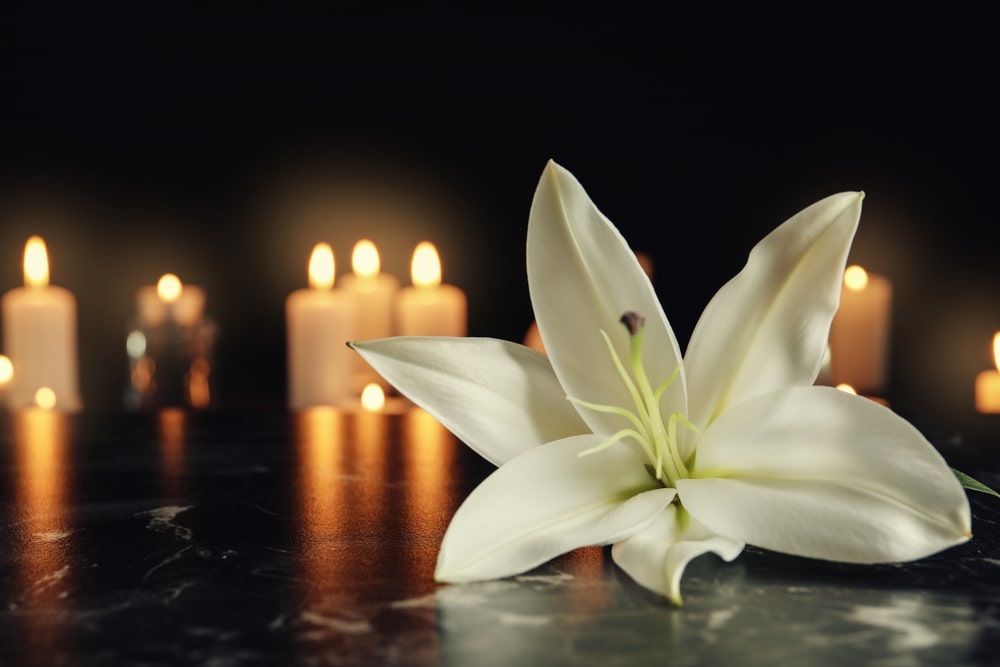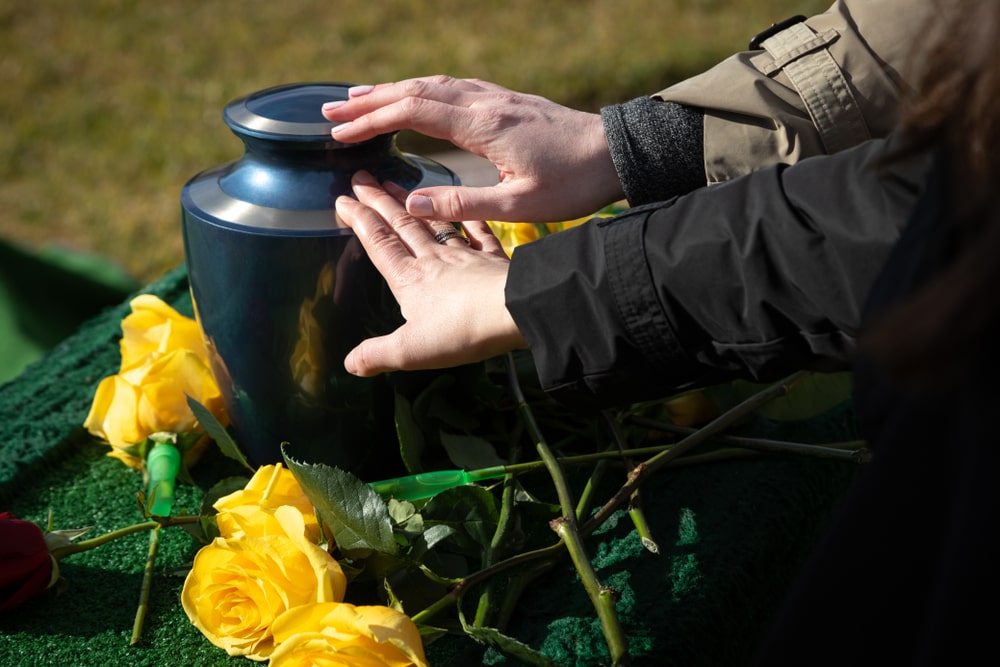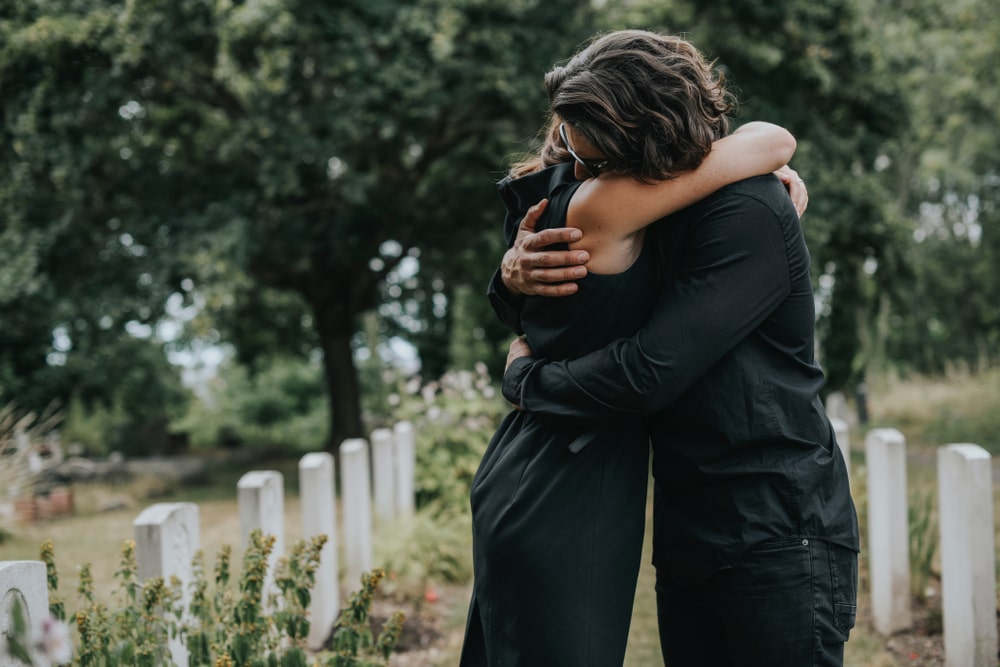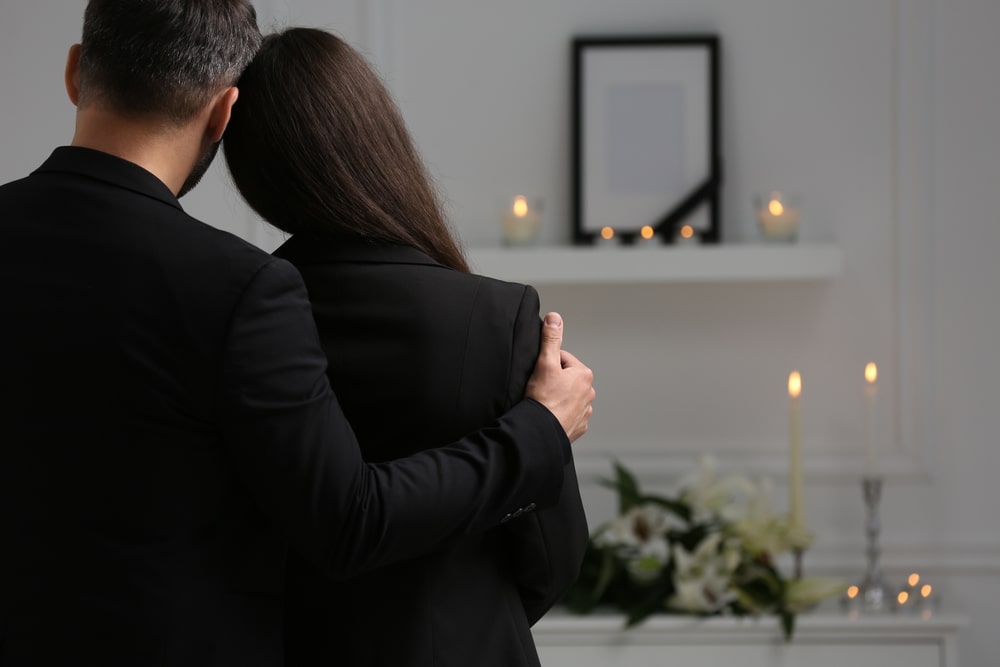Since the beginning of time, humanity has recognized the need to observe the death of a loved one through some form of funeral. While the tradition of the funeral has changed from culture to culture over the ages, the fact remains that every culture finds a way to remember and honor their dead. Dr. Alan Wolfelt, a nationally recognized grief expert, counselor, and educator, has found that the funeral is more than just a ritual – it is an essential part of the grieving process because it helps us meet the six needs of mourning.
The 6 Needs of Mourning
After talking with thousands of families, Dr. Wolfelt found that there are six essential needs of mourning. He believes these six needs are “the most central to healing in grief. In other words, bereaved people who have these needs met, through their own grief work and through the love and compassion of those around them, are most often able to reconcile their grief and go on to find continued meaning in life and living.”
The six needs are:
- Acknowledging the reality of the death
- Moving toward the pain of loss
- Remembering the person who died
- Developing a new self-identity
- Searching for meaning
- Receiving ongoing support from others
A funeral that meets all six of these needs creates a deeply healing and meaningful experience. A funeral like this can bring comfort and peace and helps each person start the grief journey on the right foot. Today, let’s explore how funerals help us begin to accept the reality of death.
Funerals Create an Opportunity to Begin to Confront the Reality of Loss
When a death first occurs, our minds often refuse to accept the reality of it at first. In some ways, we rebel against our new reality, and it’s only with time that the death begins to sink in. For those whose loved one battled a prolonged illness, accepting the reality of the death may come sooner, simply because the death was anticipated. However, for most deaths, we will experience a period of time – whether brief or long – where we (often unconsciously) refuse to accept what has happened and the change it brings to our lives.
However, to experience healing after a loss, we must acknowledge what has happened, and the funeral is the first step. At the funeral, we are surrounded by people who are also mourning. If the family chooses, we may also view the body, which often helps the reality sink in. Once we see something for ourselves, it becomes true, and we begin to accept it. Until then, we can deny the reality. Whether the body is present or not, the service serves as a time to come face to face with our new reality.
Funerals Move Us Toward Healing and Reconciliation
After a loss, the goal isn’t to “get over” your grief; the goal is to reconcile yourself to the loss you’ve suffered and incorporate it into the story of your life. It’s about learning how to move forward.
In order to begin the process of reconciliation, we must face the pain of loss. Dr Wolfelt says, “I have learned that we cannot go around the pain of our grief. Instead, we must learn to embrace and express it. This is hard but absolutely necessary work.” A personalized and meaningful funeral is the first step toward healing and reconciliation. As we accept the reality of our loss, we can begin to process what this change means for our lives and create forward motion in our grief journey. Without a funeral, we can become stuck in our grief journey. It can take much longer to say goodbye, accept what has happened, and begin to move toward reconciliation.
Funerals Help Us Shift Our Relationship to One of Memory
Part of coming to grips with the reality of death is acknowledging a change of relationship. We no longer have a relationship based on the presence of our loved one; we now have a relationship based on memory. The funeral makes the loss more real, helping us transition to our new relationship status.
It is normal, valuable, and right to mourn the loss of someone we love. We should find ways to honor their memory, like setting a place at the table, writing them a letter when we’ve left things unsaid, or carrying on their favorite traditions. But these helpful grieving actions can become less effective if the reality of loss is never accepted.
Perhaps you’ve known someone who had trouble acknowledging the reality of a death. They can’t believe their loved one is gone; they continue to speak of the person in the present tense; act as if that person were still alive; do things a certain way because that person would have wanted them done that way. In order to heal and find continued meaning in life, we must accept our new reality and reconcile ourselves to the loss. The funeral is an important first step on that journey toward healing.








